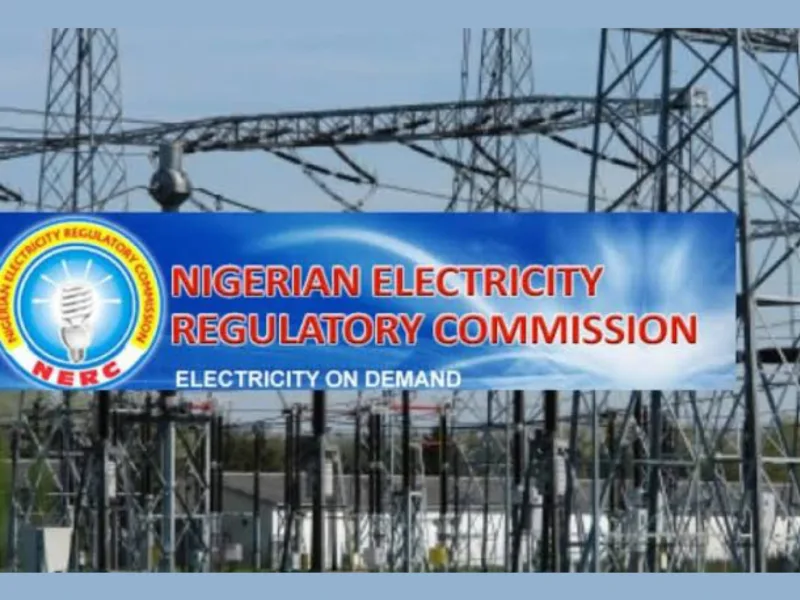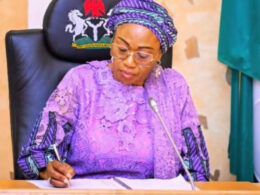Nigeria’s Federal Government has issued six licenses to independent electricity distribution firms, a move aimed at improving electricity access and reliability in the country. The Nigerian Electricity Regulatory Commission (NERC) revealed that the licenses were issued to companies that will operate on a smaller scale, providing electricity to specific areas or communities.
According to NERC, the independent electricity distribution networks are designed to be separate from the main transmission system, offering a viable solution to the country’s power challenges. The commission also announced that it had authorized the issuance of new licenses and amendments to existing ones in the first quarter of 2023.
In the second and third quarters of last year, NERC issued trading licenses and certifications for meter service providers and meter assets providers. In the fourth quarter, three new independent electricity distribution network licenses were issued, alongside several other trading licenses and certifications.
However, some state governors have expressed reservations about the initiative, describing the current models as outdated. They have called for the establishment of new retail and supply licenses, as well as business and commercial models that would allow new companies to compete and address the poor power situation in their states.
The development has led to a shift in power, with state governments now empowered to operate and regulate their own electricity markets outside the control of NERC. The Nigeria Governors’ Forum has submitted a document to the Federal Ministry of Power outlining their recommendations for the power sector, including the need for new models that would open up the retail electricity space to competition.
The move is seen as a step towards improving electricity access and reliability in Nigeria, but only time will tell if it will effectively address the country’s power challenges.










Join our Channel...